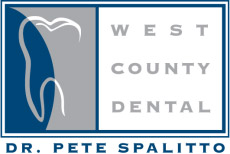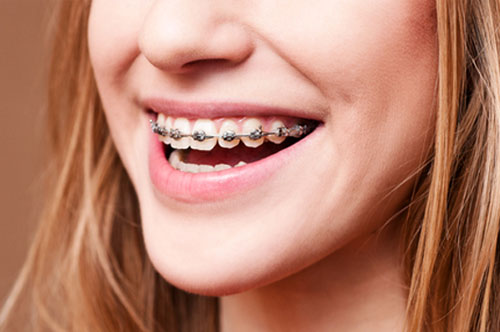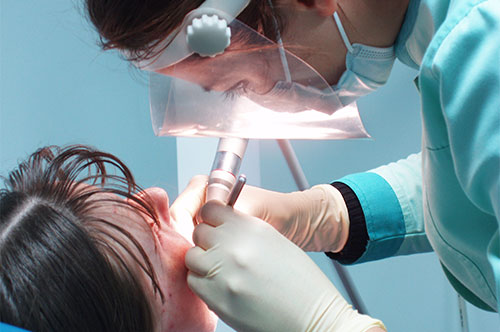Kristy R
Excellent, caring Dr. and staff. Everyone here has exceeded our expectations in patience and kindness while providing personalized care with exceptional skill. Dr. Spalito uses top of the line technology coupled with a gentle caring hand. He and his wonderful staff work hard to provide a pleasant and comfortable experience which make our trips to the dentist stress free. My 14 YO son, who has experienced previous horror stories from other dentist, no longer freaks out when it’s time for a visit. Dr. Spalito has worked to build a trusting relationship with both of my kids and has transformed our views of dentistry. I cannot say enough good things about this Dr, hygienists (Lisa you are awesome!!) and staff. They work as an amazing team and I would never bring my kids anywhere else for dental care.










